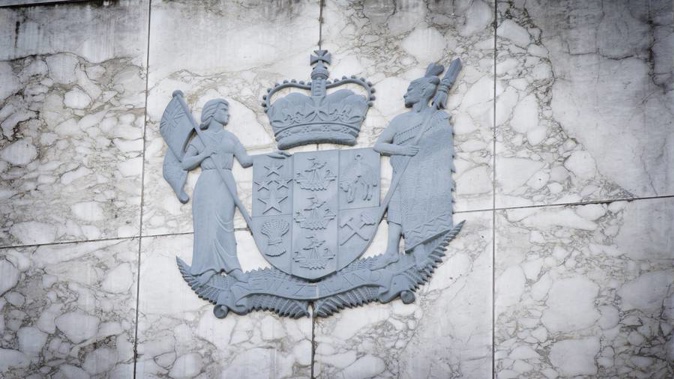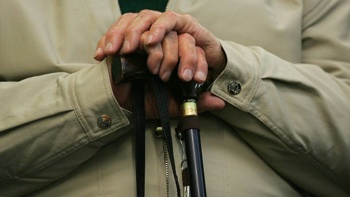
Prominent victims advocates are calling for sexual violence cases to be judge-alone, arguing it is a specialist topic which juries aren’t qualified for.
They say the change could make survivors feel more comfortable revealing intimate details to the courtroom.
However one defence lawyer has pushed back and said such a change would have serious implications for the justice system and constitutional law.
Last week Parliament unanimously passed legislation which stopped courts from issuing permanent name suppression for adult sexual offenders, without the victim’s permission.
The Government’s Chief Victims Advisor, Ruth Money told Newstalk ZB it was good progress – but her next focus was looking at the role juries play in sexual violence and family violence trials.
"It is terrifying to give evidence in a room full of a jury of strangers about the sexual violence that happens to you.”
“Can we do that in a smarter, safer way that still ensures that, yes, you're innocent until proven guilty, but that there are experts making decisions rather than 12 jury members who may or may not now anything about rape myths or coercive control?”
Money said juries were still an important part of the judicial process – but had deviated from their origin in tight-knit communities.
"They were able to make expert decisions. There was some knowledge there as well as the evidence. That's not what we get now. Juries are certainly not a jury of our peers," she said.
Advocate Louise Nicholas echoed the call and said jury trials weren’t “adequate for this type of crime”.
She said jurors brought their world views into a courtroom sometimes to the detriment of the victim.
“The fact that they’ve come forward, they’ve disclosed horrendous acts of sexual violence, I think if it was judge-alone trial, and we have had them, works perfectly.”
Nicholas said some jury trials also left victims without closure.
"Even if a judge comes back with not-guilty they explain their reasoning behind that and that is huge for our survivors. Whereas with a jury trial, they just say 'not-guilty' and we move on."
But Marie Dyhrberg KC strongly rejected the idea. ‘
“Well I think the starting point is that unless there is a conviction or a guilty plea, we don’t have victims. . .we have complainants.”
She called jury trials a constitutional linchpin which were enshrined in law and guaranteed in the Bill of Rights Act.
Dyhrberg said the history of the law went back to the signing of the Magna Carta in 1215.
“What is so special about trials [with] sexual allegations that we would do away with something as critical and fundamental as a jury trial?”
She said juries had an everyday outlook on the world which wouldn’t be available in a judge-only trial.
“They aren’t strangers, they are very much part and parcel of our right to a jury trial and they actually represent the views of society.”
Dyhrberg argued defendants similarly reveal intimate details to a room full of strangers, but without the privilege of a closed courtroom, and without support from a victims advocate.
Justice Minister Paul Goldsmith said he received a large number of recommendations from Ruth Money but the Government was yet to make any announcements.
Take your Radio, Podcasts and Music with you









